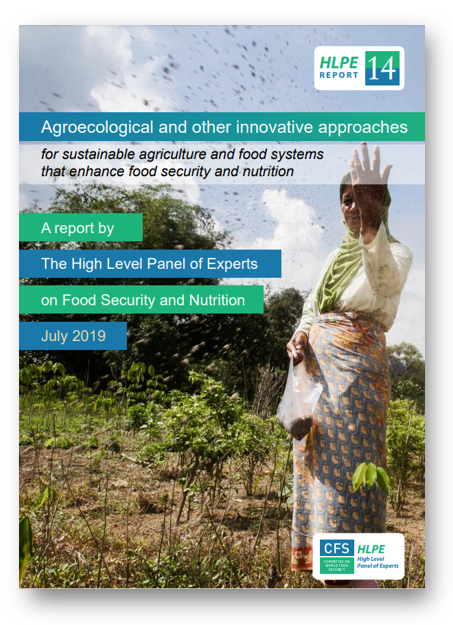 Food systems and agriculture are at a crossroads and a
profound transformation is needed at all scales, not only to
achieve Sustainable Development Goal 2 (SDG2) to “end
hunger and all forms of malnutrition” by 2030 but also to
address Agenda 2030 in its entirety, including human and
environmental health, climate change, equity and social
stability.
Food systems and agriculture are at a crossroads and a
profound transformation is needed at all scales, not only to
achieve Sustainable Development Goal 2 (SDG2) to “end
hunger and all forms of malnutrition” by 2030 but also to
address Agenda 2030 in its entirety, including human and
environmental health, climate change, equity and social
stability.
Current trends, such as the new increase, since 2014, in the number of undernourished people and the alarming rate of all forms of malnutrition in all countries, and related tensions will be exacerbated if we fail to design and implement, in a very near future, food systems that ensure food security and nutrition while addressing all sustainability challenges. Agroecological and other innovative approaches in agriculture are increasingly praised for their potential contribution to reach these crucial goals.
This report adopts a
dynamic perspective, centred on the key concepts of transition
and transformation. Ultimately, this rich and comprehensive
report aims to fuel an exciting policy convergence process
and help remove the lock-ins by developing a common
understanding of these matters, so that concrete transition
pathways can be implemented at all relevant scales, from
farm, community and landscape to national, regional and
global levels.